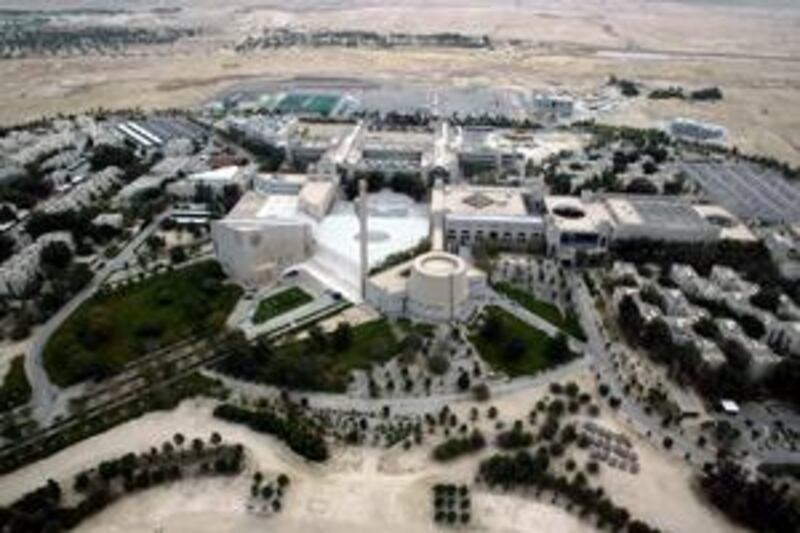The kingdom of Bahrain is in the middle of its first review of universities, which officials hope will ensure international standards are being met. It follows concerns over the quality of courses and staff at some institutions as the tertiary sector continues to grow. Like other Gulf states, Bahrain has a mix of government universities, local private institutions and branch campuses of foreign colleges.
In 2008, the government set up the Quality Assurance Authority for Education and Training to carry out assessments of universities as well as schools and vocational training centres. The authority's higher education review unit plans to look at no fewer than a dozen universities. It will publish reports on each as the process advances. So far reports have been published online for the Arab Open University and the Birla Institute of Technology; two more are scheduled for publication this month. Reviews of individual programmes are also being carried out.
Faisal al Showaikh, director of programme reviews, said the authority hoped to release all institutional reports by June. It also aims to have carried out within three years reviews of a quarter of the approximately 400 programmes on offer at universities in the island state. The institution reports made public so far mix praise with suggestions for improvement. For example, the Arab Open University was applauded for its "strong relationship" with the UK Open University, which ensures courses are "high quality".
However, it was also told it should improve self-review processes and introduce learning outcomes for programmes. "It's to develop higher education in the country," Mr al Showaikh said of the review process. "Our aim is to help students develop themselves, to reach a situation where students, parents and stakeholders can see the merits [of institutions]. If they read [the reports] they can see for themselves."
Colleges will be expected to produce self-improvement plans, and the authority will later assess whether these have been successfully implemented. Issues of higher education quality are not unique to Bahrain, and other Gulf states have been grappling with similar questions of how to regulate quality in a fast-growing sector. The kingdom has been hit, however, by some high-profile concerns. Some GCC institutions are reported to have refused to accept degrees issued by certain private universities in Bahrain amid concerns they do not meet international standards.
The country's Higher Education Council, a separate body from the quality assurance authority, has threatened that some colleges could be barred from recruiting new students unless they recruited more highly qualified staff. Maintaining standards is likely to continue to be a major priority as further expansion takes place. The kingdom previously announced plans to develop a higher education city containing branches of several European universities. Allowing foreign universities to open is seen as a way to fast-track achievement of international standards.
Among the earliest and the largest branch campuses to have opened is the Bahrain branch of the New York Institute of Technology (NYIT), which also has a campus in Abu Dhabi. The Bahrain campus opened in 2003 and now has 1,200 students, about 70 per cent of them Bahrainis. Some students attend on scholarships from Kuwait. "We were fulfilling a need in Bahrain," said Dottie Lewis, the campus dean. "There's a great deal of prestige, whether that's well founded or not, placed on an institution either from the US or the UK, for example, and this way the students can achieve that education without having to travel overseas. It keeps the students at home."
Ms Lewis said an advantage of this was that the students were less likely to settle in another country after completing their degree. She insisted it was possible in Bahrain to maintain the standards of the home institution. Staff, she said, were hired by NYIT in New York, which ensured they were of comparable quality to those working at the university in the United States. While Ms Lewis conceded there were "some challenges" in recruiting students with the requisite English-language skills, she said the curricula used in Bahrain were very similar to those at the home university.
Overall, Bahrain's higher education sector is "in its teenage years", Ms Lewis said. The new quality assurance process indicates that it is becoming more mature, she said. "They're really insisting on quality education for the country. That emphasis is new." dbardsley@thenational.ae






